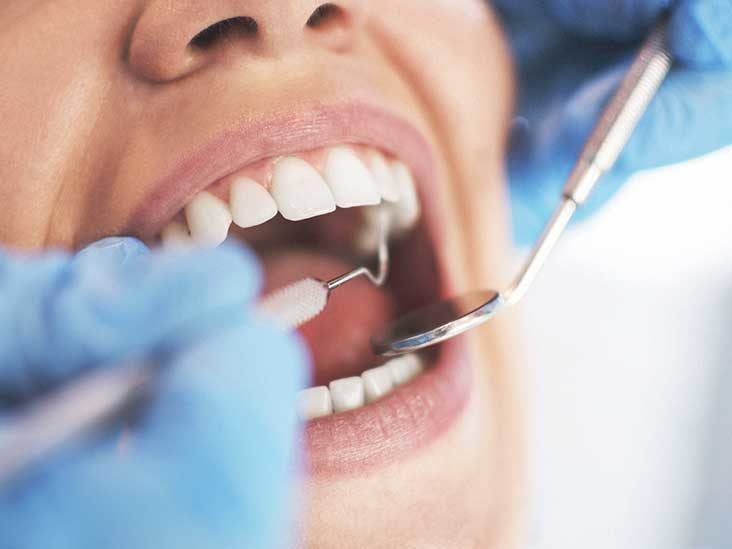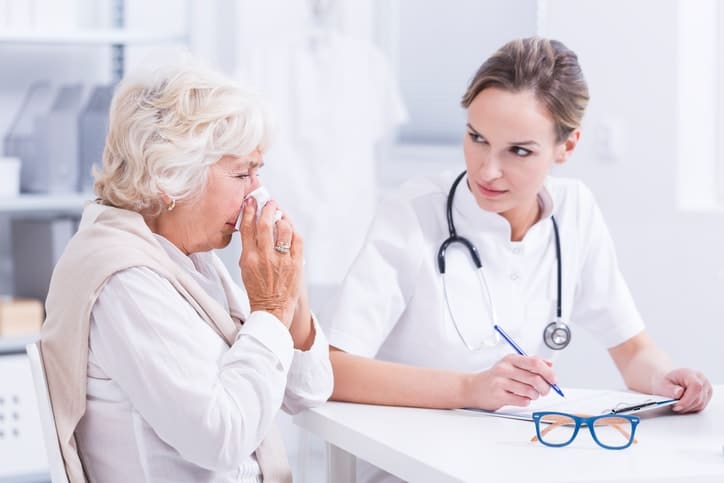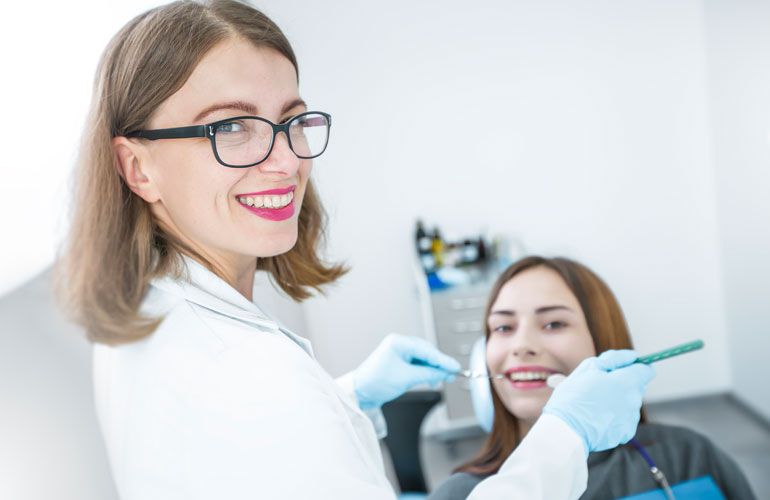Endometriosis is a common issue for a significant number of women of their reproductive age. The condition involves severe pain around the pelvic region, affecting a woman’s daily routine. The disease also contributes to infertility in 3-5 women out of 10 with endometriosis.
You may not notice you have endometriosis since you may not experience any symptoms other than pain during your periods. If you suspect you have endometriosis, Upper East Side endometriosis specialists at New York Fertility Institute may help save you from any complications. Contact them today to schedule your appointment.
Table of Contents
What Is Endometriosis?
Endometriosis is a health condition of the female reproductive system that occurs when the uterine lining grows outside the uterine cavity. The tissues may also develop on the ovaries, fallopian tubes, and the uterus’s outer wall. It is also possible for endometriosis to occur on the bladder, abdomen tissues, or bowels, though with rare chances.
What Is Laparoscopy Endometriosis?
Laparoscopy endometriosis is a procedure where your provider uses a laparoscope to view and examine your pelvic and abdominal region through the umbilicus. Your doctor may also use a laparoscope to treat issues such as pelvic adhesions or blocked fallopian tubes, remove ovarian cysts, and endometriosis implants through incisions.
How Does Endometriosis Affect Your Body?
The uterine wall, also known as the endometrium, usually thickens in preparation for embryo growth. However, when fertilization does not occur, the lining sheds away as the monthly period.
The endometrium also thickens and sheds away monthly, even when it grows outside the uterus. But, in this case, the blood gets trapped in the abdominal cavity, causing adhesions, inflammation, scarring, and sometimes cysts.
What Are the Symptoms of Endometriosis?
For some women, you may not develop any symptoms, but when they occur, you may experience:

- Painful menstrual periods.
- Pelvic pain.
- Pain during urination or bowel movements.
- Pain during intercourse.
- Abnormal or excessive bleeding.
- Constipation, nausea, and fatigue during your menses.
In severe cases of endometriosis, you may be unable to conceive. It is essential to seek medical assistance when you notice the above symptoms.
Risk factors for endometriosis may include:
- Family history.
- Menopause.
- Low body mass index.
- Reproductive tract abnormalities.
- Heavy menstrual periods that last for longer than seven days.
- Short menstrual cycles, usually less than 27 days.
- Starting period at an early age.
How Does Endometriosis Cause Infertility?
The complications caused by the endometrium growing outside the uterus interfere with the reproductive system. They may prevent conception by blocking the fallopian tubes, changing the uterus’ shape. The inflammation may interfere with the quality of your eggs or disrupt the egg’s movement through the fallopian line.
In addition, endometriosis may cause a hormonal imbalance causing infertility. Endometriosis may also affect the immunity level, limiting your chance of becoming pregnant.
Treatment
Endometriosis treatment depends on how severe your condition is. The treatments may involve:
- Medications, usually pain killers.
- Hormone therapy.
- Surgery.
- Hysterectomy.
If endometriosis has affected your fertility, the New York Fertility Institute team offers the following fertility treatments:
- Intrauterine insemination.
- In-vitro fertilization.
- Sclerotherapy.
- Ovarian stimulation.
Contact an Endometriosis Specialist Today
If you experience severe pelvic pain or heavy bleeding and cannot get pregnant, you may have endometriosis. Contact the New York Fertility Institute today to check if it is endometriosis and receive safe and quality treatments.



/https://public-media.si-cdn.com/filer/a0/c5/a0c5702e-acda-476b-95b5-fdd289df6003/vitamins.jpg)











